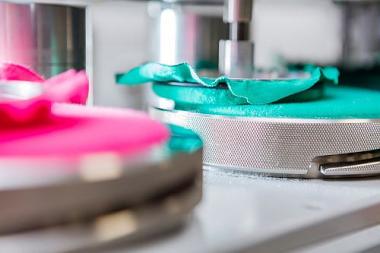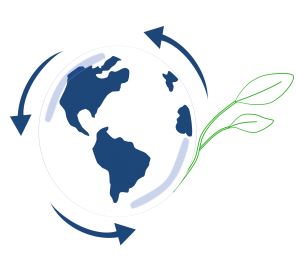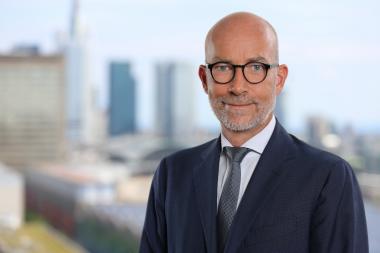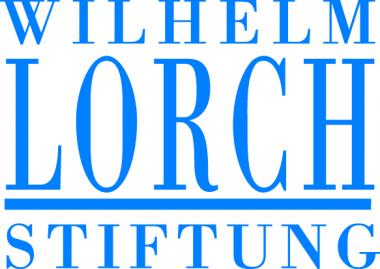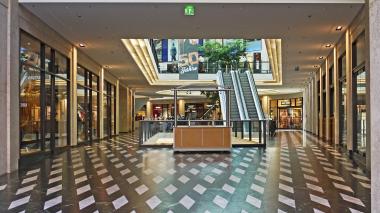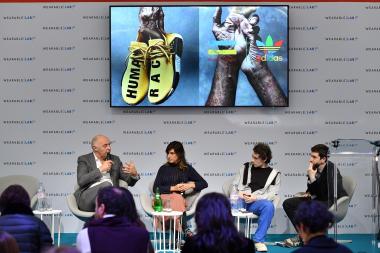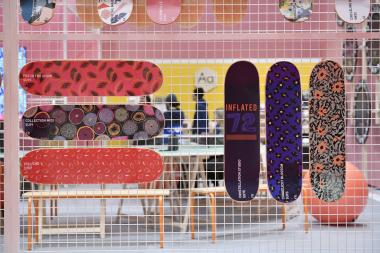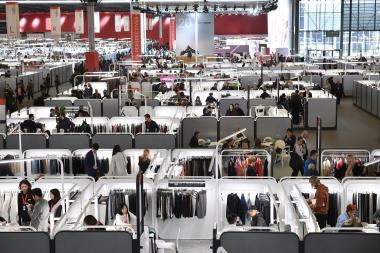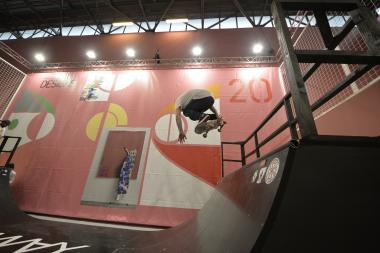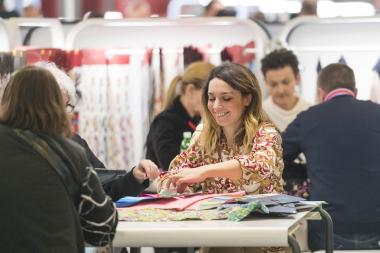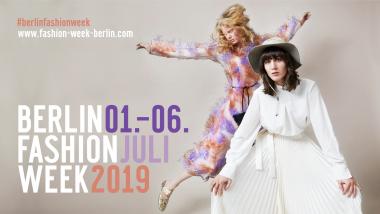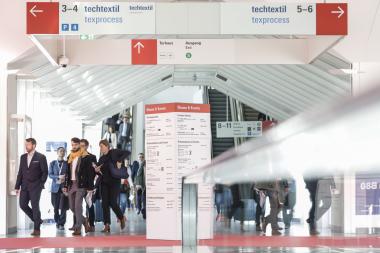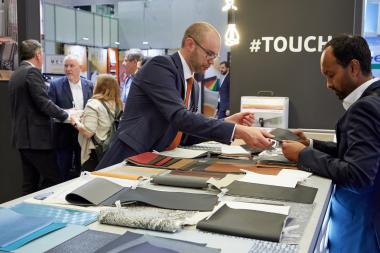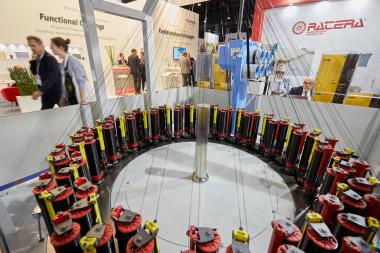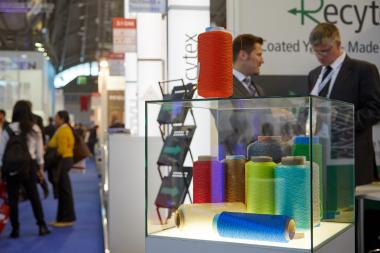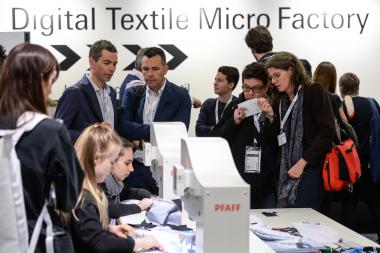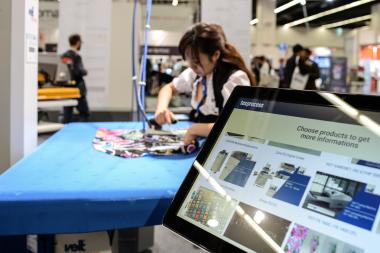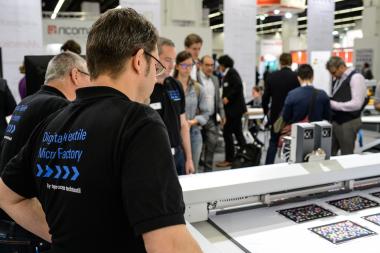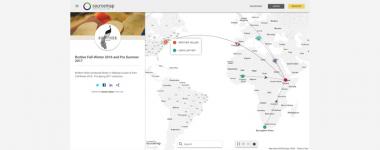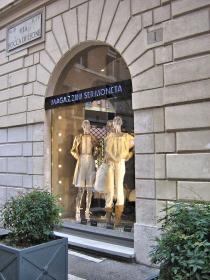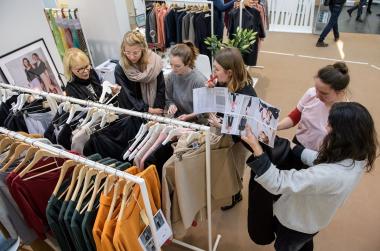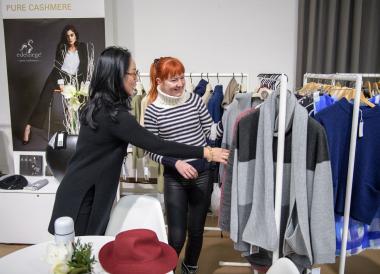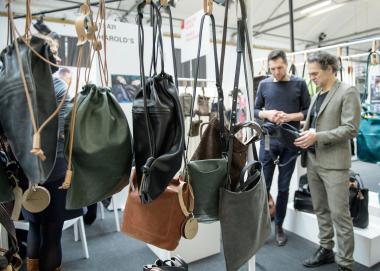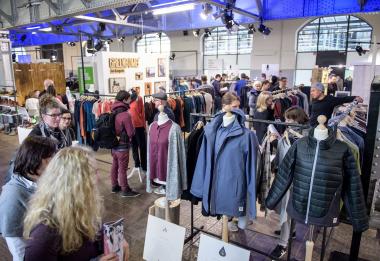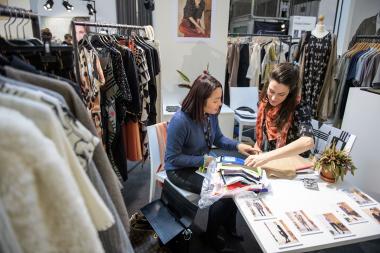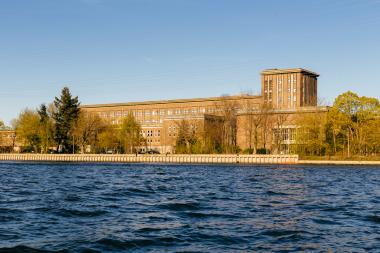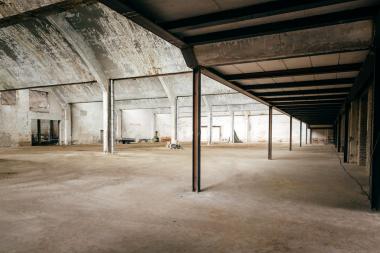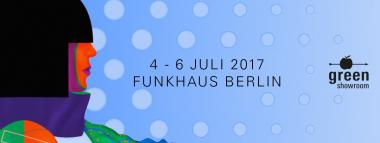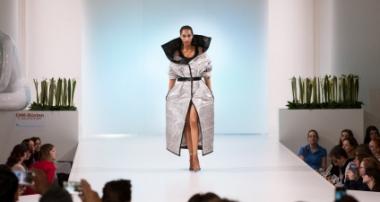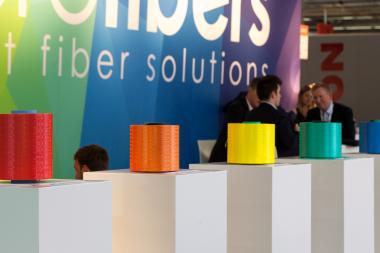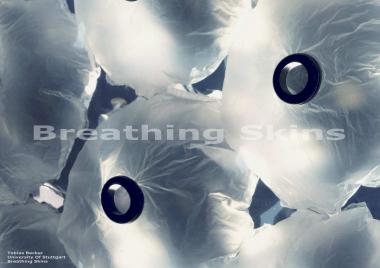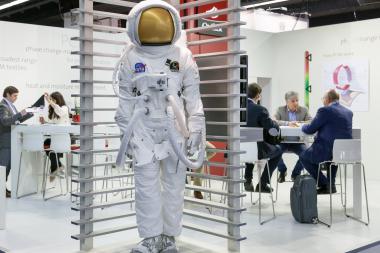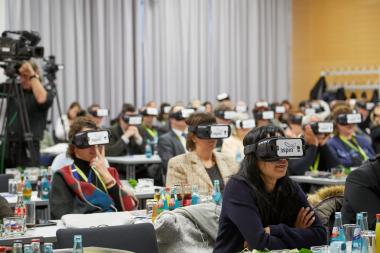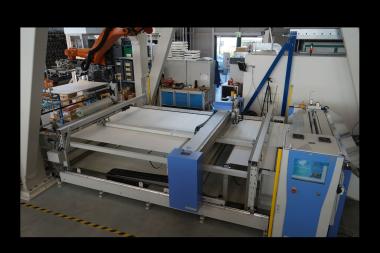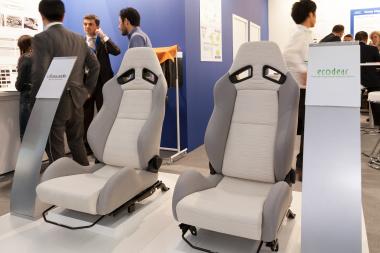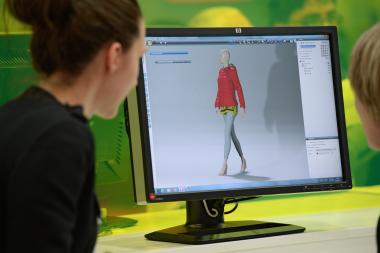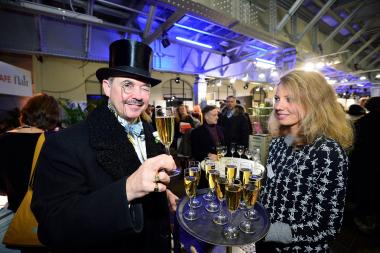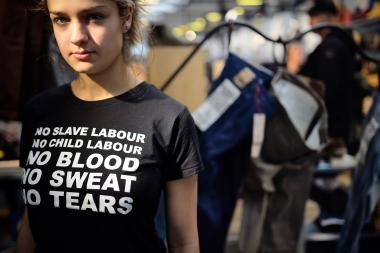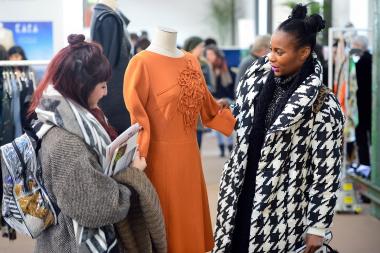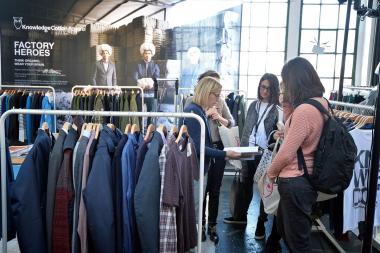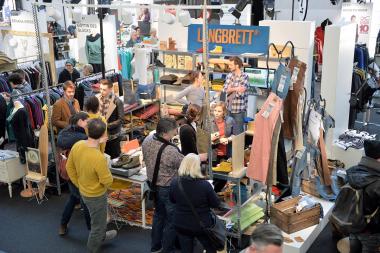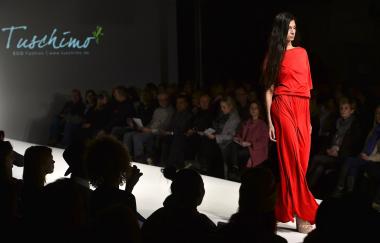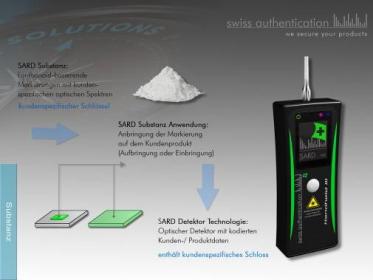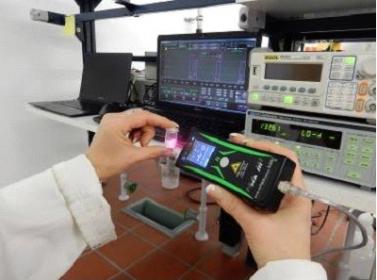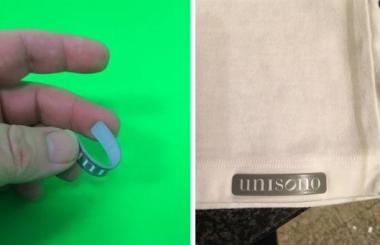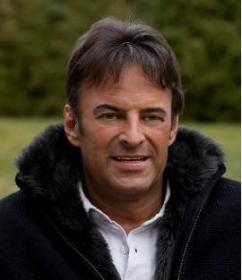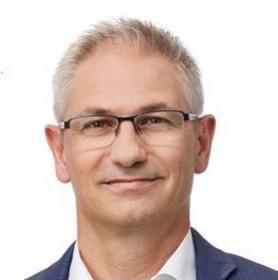Research Projects of the Zuse Community: Think about Recycling when Designing …
How applied research in cooperation with industry can lead to high-quality recycling solutions is explained by the Zuse community with its "Design for Recycling" series.
Artificial Turf of the Future
Textiles are much more than just clothes. The industry is a key customer for both synthetic and natural fibers. However, their textile products are often close to the consumer - this applies, for example, to the leisure industry or sports field construction, as is the case with artificial turf.
On sports fields, textiles are, so to speak, trampled underfoot, namely when playing on artificial turf. In Germany alone there are around 5,000 artificial turf pitches registered for football. But under the green stubble hides a heavy burden - for clubs and the environment. According to information from the IAKS Germany trade association, around 5 kg of granulate per square meter of artificial turf is infilled in Germany, and this figure is likely to be considerably higher in other countries. "In the case of artificial turf with a fiber length of 42 mm, only 12 mm look out of the mass of infill materials that have been applied to the surface," Dr. Ulrich Berghaus of Morton Extrusionstechnik GmbH, a leading manufacturer of artificial turf, explains. Nowadays, a new pitch is calculated to contain almost 50 percent of the old pitch - as infill material. But as a microplastic this can cause problems - alternatives have to be found. Together with the Aachen Institute for Floor Systems (TFI), Morton Extrusionstechnik is working on the artificial turf of the future, which can do without problematic infill materials.
The researchers at the TFI are now called upon to ensure that the nubs of the artificial turf will hold well in the carrier material in future, even without polyurethane and latex. "Ideally, artificial turf would be made of just one polymer," TFI project manager Dirk Hanuschik says. Because, similar to food packaging, inseparable material composites are poison for high-quality recycling. Hanuschik and his team are therefore researching with their industrial partner into an artificial turf design that does not require any polyurethane or latex for the backing of the carrier material. In a thermobonding facility, the artificial turf nubs are to be melted directly onto the base material, not glued on. Nevertheless, a durability of around 12-15 years is the goal - as with artificial turf laid today. He can test the new materials on the industrial coating plant, which is on a smaller scale at the TFI. The first production plant is scheduled to go into operation as early as the middle of next year.
"The practical project of the TFI is an excellent example of how industrial research from the Zuse community creates concrete benefits for people through sustainable recycling management. Research on 'Design for Recycling' is the focus of many of our institutes. Their close cooperation with companies and their interdisciplinary approach offer the best conditions for further innovations," explains the President of the Zuse Community, Prof. Martin Bastian.
Recycling in the Fashion Industry
Recycling is more than just a trend. In the future, fashion should increasingly include useful recycling: People in Germany buy an average of 26 kg of textiles per capita per year, including 12-15 kg of clothing. Given these large quantities, high-quality recycling is a major challenge. Improved recycling includes a circular economy that thinks about the "life after", i.e. the next or renewed product, already when designing products. A current research project of the Zuse community shows how this can work for clothing.
Beverage bottles made of the plastic PET are already ideally suited for recycling, and not only for packaging, because of their purity of type. Under the motto "From the fiber to the fiber", this is what the applied research in the joint project DiTex is using for rental linen. The fibers used come from recycled PET bottles, and the rented linen itself is to be recycled back into linen after its first life cycle.
"Rented linen is also well suited to the 'Design for Recycling' concept because its use can be precisely tracked, which provides optimum conditions for recycling," project manager Dr. Anja Gerhardts from the Hohenstein Research Institute explains. The institute from Baden-Württemberg is responsible for textile testing and product specifications in the project initiated and coordinated by the Institute for Ecological Economic Research (IÖW). For benefit rather than ownership, the partners in the alliance are developing a recyclable line of bed linen, as well as polo and business shirts. The shirts will serve as uniforms for police and rescue services.
Intelligent label stores information
The laundry is equipped with a digital tracking ID throughout the entire usage cycle. This "intelligent" label stores information such as fiber origin, material composition and composition of the textile. This enables recycling companies to sort the products better, increase the recycling share and upgrade them. Numerous washing trials are now being carried out at Hohenstein to test how well the tracking tool is performing and what the tensile strength, degree of whiteness, color quality, durability and wearing comfort of the textiles are when they are washed, spun and dried up to 200 times in commercial textile services. "In DiTex we bring users, procurers and recyclers of textiles to one table to make recyclable product design a reality", Anja Gerhardts explains.
"Practical research on fibers and textiles is one of the core competences of many of our institute, be it for industrial technical products or consumer-oriented products. Projects like DiTex show innovative solutions for design for recycling. Thanks to the interdisciplinary approach in our association, other industries can also learn from such solutions," explains Dr. Annette Treffkorn, managing director of the Zuse community.
Zuse-Gemeinschaft


